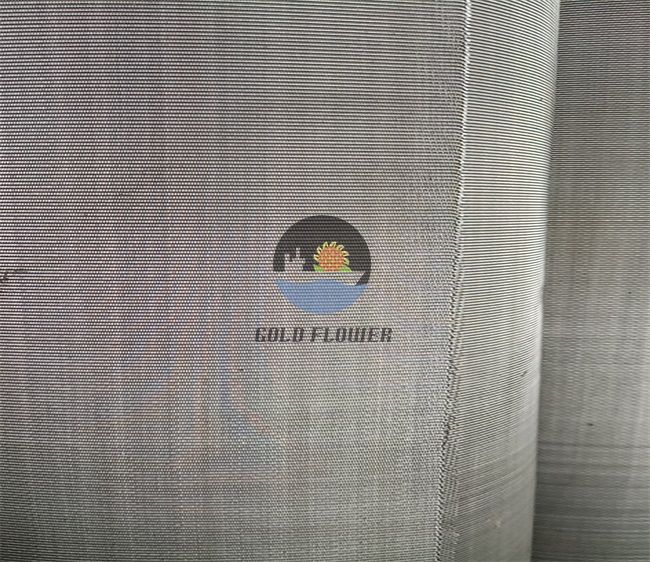nov . 10, 2024 18:52 Back to list
High-Performance Filters for Centrifuge Tubes to Enhance Laboratory Efficiency
Understanding Centrifuge Tube Filters Applications and Importance
Centrifuge tube filters are invaluable tools in laboratory settings, particularly in research and clinical environments. These filters are designed to work in conjunction with centrifuge tubes, providing a straightforward method for purifying samples, removing unwanted particulates, and ensuring that subsequent analyses yield accurate results. This article explores the functionality, applications, benefits, and considerations regarding centrifuge tube filters.
What Are Centrifuge Tube Filters?
Centrifuge tube filters are specialized filtration devices that can be inserted into the top of centrifuge tubes. They consist of a filter membrane, typically made from various materials such as nylon, polyester, polycarbonate, or cellulose, which has specific pore sizes designed to retain particulates while allowing smaller molecules (like solvents or solutes) to pass through. The essential feature of these filters is their compatibility with common laboratory centrifuge tubes, which allows for easy integration into standard workflows.
How Do They Work?
The operation of centrifuge tube filters is relatively simple. When a sample is added to a centrifuge tube fitted with a filter, the tube is placed into a centrifuge and spun at high speeds. Centrifugal force causes denser components in the sample to settle at the bottom of the tube. As the sample spins, the filter captures larger particulates and debris, preventing them from contaminating the filtrate (the liquid that passes through). This method is effective for purifying biological samples, removing cell debris, and isolating proteins, nucleic acids, or other biomolecules for further analysis.
Applications of Centrifuge Tube Filters
Centrifuge tube filters find use in various fields, including
1. Molecular Biology Researchers often use these filters to purify DNA and RNA samples. The removal of contaminants is crucial for ensuring the integrity and reliability of molecular analyses.
2. Environmental Testing In environmental science, centrifuge tube filters are employed to prepare water, soil, and air samples for analysis by eliminating particulates that could interfere with measurements.
4. Pharmaceutical Industry These filters are used in drug formulation and manufacturing processes to ensure that the final products are free from unwanted particulates that could affect efficacy and safety.
centrifuge tube filters

5. Food and Beverage Testing Quality control labs in the food industry use centrifuge tube filters to analyze beverages and food products, ensuring they meet safety and quality standards.
Benefits of Using Centrifuge Tube Filters
1. Efficiency The filtration process can be completed quickly while the centrifuge is operating, saving valuable time in laboratory workflows.
2. Convenience These filters eliminate the need for separate filtration apparatus, making sample preparation more convenient and less cumbersome.
3. Consistency The use of standard-sized filters compatible with commonly used centrifuge tubes ensures reproducibility and reliability across different experiments.
4. Versatility With various membrane materials and pore sizes available, researchers can select the appropriate filter for their specific application based on the nature of their samples.
5. Cost-Effectiveness Using centrifuge tube filters can reduce the need for additional filtration instruments, thereby lowering operational costs.
Considerations and Best Practices
When selecting and using centrifuge tube filters, several factors should be taken into account
- Pore Size Choose a filter with the correct pore size based on the size of the particulates you aim to remove while allowing your target molecules to pass through. - Compatibility Ensure that the filter material is compatible with the solvents and samples involved to prevent any chemical interactions. - Centrifugation Speed Follow guidelines for centrifugation speeds and times to avoid damaging the filters or compromising sample quality.
In conclusion, centrifuge tube filters are essential components in modern laboratory practices. Their ability to efficiently and effectively filter samples makes them indispensable across numerous scientific disciplines. As the demand for high-quality data continues to grow, understanding and utilizing these filters will help researchers achieve more precise and reproducible results in their work.
share
-
CE Certified 250 Micron Stainless Steel Filter Mesh | Premium
NewsJul.31,2025
-
CE Certified 250 Micron Stainless Steel Mesh | Premium Filter
NewsJul.31,2025
-
CE Certification Buy Wire Mesh Fence for High Security and Durability
NewsJul.30,2025
-
Stainless Steel Mesh Filter Discs for Precise Filtration Solutions
NewsJul.29,2025
-
CE Certification 250 Micron Stainless Steel Mesh for Industrial Use
NewsJul.29,2025
-
Premium Stainless Steel Weave Mesh for Filtration and Security
NewsJul.29,2025

